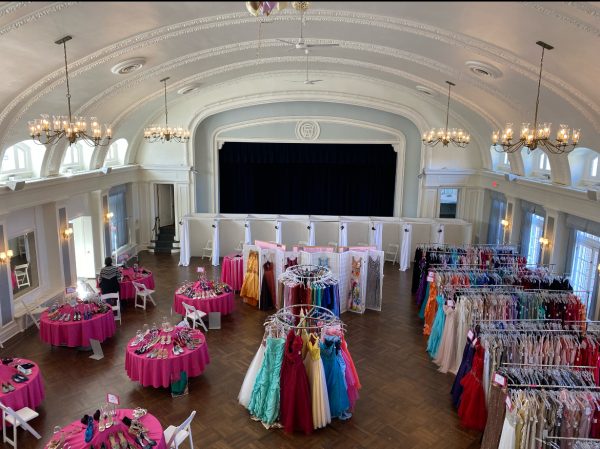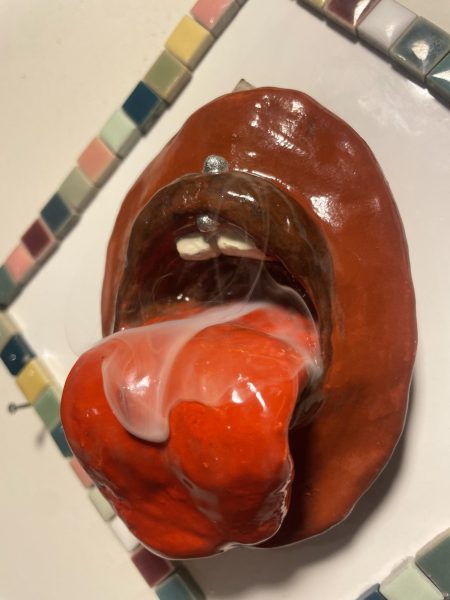Media fails to promote body positivity
Every gender, race, and age comes with unrealistic beauty expectations, and the new wave of body positivity in the media is supposedly trying to change that. Unfortunately, they’re not doing enough.
According to the Today Show and AOL 2014 survey, 63 percent of men and 82 percent of women say they always feel like they could lose weight. Look at the media and it’s not hard to see why.
Billboards, magazines, commercials, advertisements, movie screens, you name it, there’s probably a good-looking, thin person looking back at you. Sure there are a few stars who look more realistic, but even they tend to feel the pressure to look “better.” During a 60 Minutes interview, Sam Smith, a Grammy award-winning artist, said that insults about his weight hurt him more than insults about his sexuality. If this momentously successful man cannot find comfort in his own body, the rest of us can hardly be expected to.
Some companies have tried to include more realistic body types in their advertisements. The most successful is probably Dove’s “Real Beauty” campaign, which features women of all shapes and sizes accepting their appearances. For men to see various body types in an underwear campaign, we have to go all the way to Europe. A Norwegian underwear company, Dressmann, has a campaign called #justthewayyouare that promotes underwear ‘not just for the perfect man’. Sadly, these inspiring campaigns are so rare that they seem like outliers.
For the media to even begin to break its decades of unrealistic standards, we need to be able to see people who look similar to us as much as we see people who don’t. We are so used to seeing the image of perfection that we need to be constantly reminded that our weight (provided it’s not dangerous to our health) is something that we can be content with and even enjoy about our appearance (can you imagine?).
Of course it’s good that companies and celebrities are even considering making their consumers feel better about themselves, and changing the media is not going to be instantaneous. I applaud any company making an effort to start the body positivity movement, but using thin, toned and spotless people isn’t going to cut it. Campaigns like Aerie’s or L’Oréal’s feature celebrities who go “un-retouched,” but still look beyond incredible.
Just waiting for the media to change isn’t going to cut it. What we can do is pay attention to the campaigns and celebrities that rock. Read Zendaya’s anti-photoshop post or sift through the #speakbeautiful. And the next time you pick yourself apart in the mirror—I know I do—remember the good stuff! If the media’s just showing you people you’d never look like, give them the mental middle finger and move on.
Your donation will support the student journalists of the Evanstonian. We are planning a big trip to the Journalism Educators Association conference in Philadelphia in November 2023, and any support will go towards making that trip a reality. Contributions will appear as a charge from SNOSite. Donations are NOT tax-deductible.










